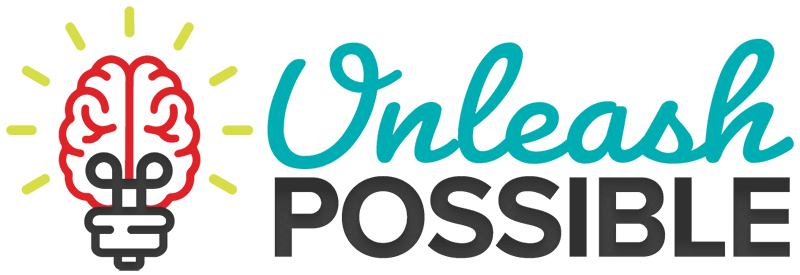Three Naming Mistakes You Can Easily Avoid
Naming is important whether it is a company, product or service. It must be memorable, easy to spell (so people can find you), and should have relevancy to your business. It must also be available! Be careful no one has trademarked the name and the URL must be open for registration. To complicate matters even more, naming is emotional. In one, two or three words you are impressing upon the world who you are as a company, what your product does, or how your service improves their lives.For all of these reasons naming is as much art as it is science. And here in lies the common mistakes people make when creating a name. Mistakes that are remarkably easy to avoid.
Mistake #1 Believing what you feel mattersAs business stake holders we have a passionate connection to our offering. We want our name to reflect that emotion. We want the name to "feel" right. Truth be told how it makes us feel isn't very important. It is how it makes our target customer react that matters. Executives often make the mistake of either picking a name that they like. The only way to avoid this problem is simple. Get input from your target buyer. There are plenty of agencies and consultants who will help you facilitate this process through focus groups, interviews and testing. But if you don't have the time or money to spend on formalized naming projects you can still avoid this mistake. Brainstorm names that you feel are memorable, easy to spell and have URLs that are available. Then create a survey asking these names to be ranked. Creating a simple survey is easy with free tools such as www.surveymonkey.com. The key here is NOT to ask your friends, but rather your potential clients. You might just be surprised how they rank the options.
Mistake #2 Trying to be cleverWhen we're excited about our business we often want our name to reflect a story. We get excited about an image or word that means something to the offering. When we do a search we find out the word is already trademarked, or the URL is already in use. So, we try to get clever. We change the spelling of the word. We make up a word. We select a common word that we think is inviting. Throughout we think we are being clever, but truth be told we're making it hard for people to remember us. For example, I was brainstorming with some friends recently about naming a new service. Everyone seemed to like the idea of Timber - it reminded us of "cutting through", "stability", "tangible value" -- all attributes of this service. When we did a look up (of course) www.timber.com was taken. So then we started trying versions of the word Tymbr, Timburr etc. Our attempt at being clever was getting in the way. No one was going to remember how to spell Timber the way we wanted, even if they did associate the word with our service in the first place. Note to self - stop trying to be so clever, instead be straight-forward!
Mistake #3 Being short-sightedThis is perhaps the most common of all mistakes. Products often get built without a name. I'll never forget the time my database acceleration technology almost became "Bob". It all started innocently enough over a lunch of Nepalese food. I was out with the CTO, head of services and the rest of the marketing team planning our product launch. The product had not officially been named and our over stuffed brains were not being inspired despite the tasty lunch. Someone suggested we call the product Bob in jest. Before we knew it Bob was adopted as our "unofficial" name. In product planning meetings, in packaging discussions, even in some analyst pre-briefings we referred to "Bob". Luckily we stopped ourselves from releasing "Bob" to the market and came up with a much more meaningful name. Yet, Bob like episodes happen in conference rooms across the world! Naming is hard; so we give up. We call our consulting practices by our last name. Our code names become default product names. We chose words that are hard to pronounce or difficult to spell. After all "it's just a name" and the product, company or service has a small following - we can deal with it later. But dealing with it later is a mistake. Does your name easily translate to an email domain? Can the average client spell it in a Google search? Does it reflect too narrowly on your current offering? Will it scale as your business grows?
We can't predict the future, but we can plan for it.With just a little planning these three mistakes are easy to avoid. Let the naming begin!
